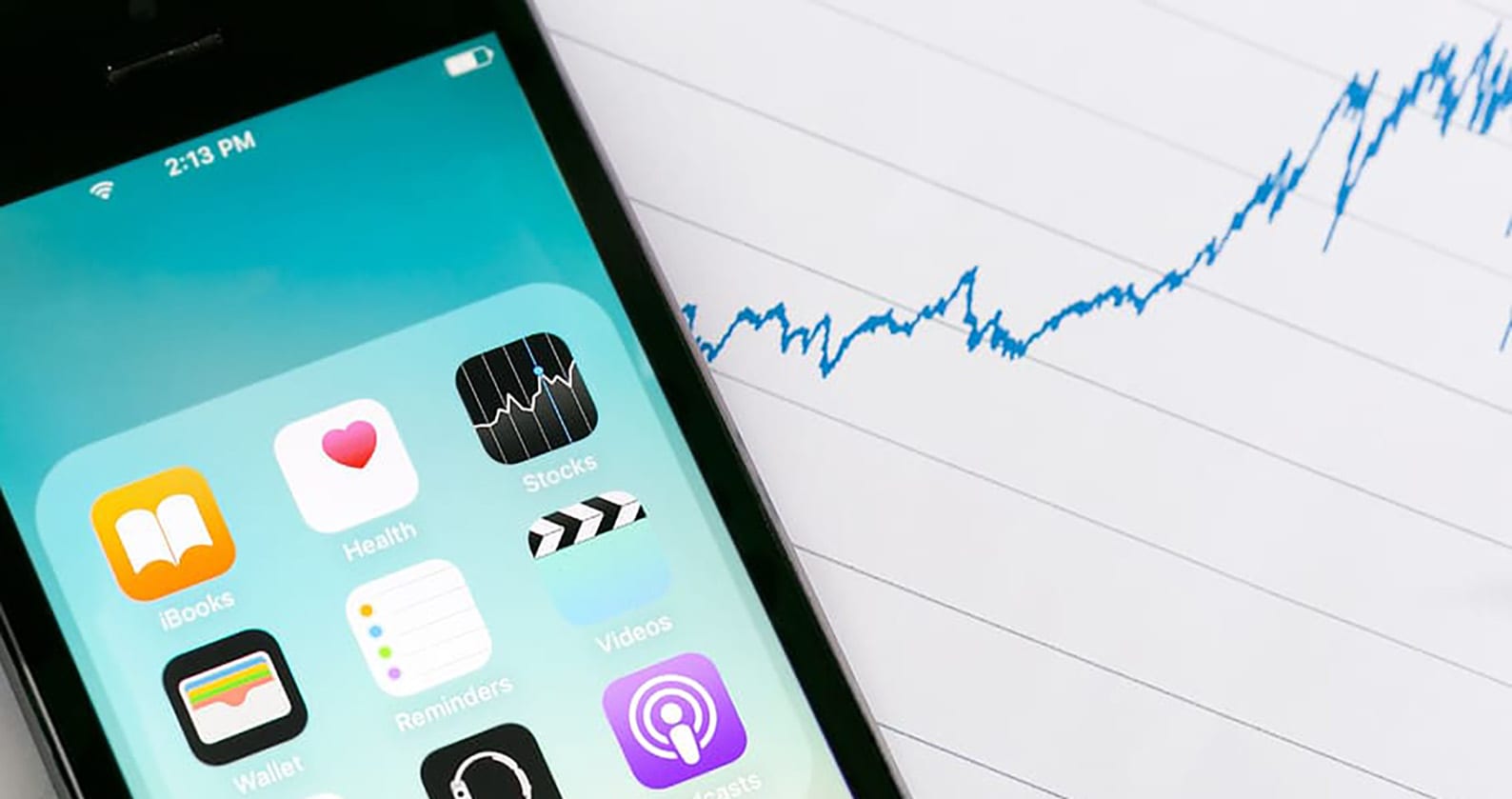New Curtin University research has found a lack of understanding about the security of their personal data is a major barrier to many Australians using mobile health apps, which could have serious patient care ramifications as healthcare systems undergo a digital transformation.
The research, published in PLOS ONE, found the two greatest deterrents for people to use mobile health administration apps were a lack of knowledge regarding the electronic storage and security of their personal information and the time it took to register on the app.
Lead researcher David Lim from the School of Public Health at Curtin said the study underlined the need for an improved public understanding of data security and increased transparency by app managers about how they manage, store and use a person’s data.
“While there is growing evidence relating to the potential of digital innovations, there is less information on the willingness of consumers to embrace and utilise digital health technologies,” Mr Lim said.
“Our research found this willingness was most associated with two broad areas identified in the study – the time it takes to complete the registration on the mobile health app, and insecurities regarding management of their information.
“The research also identified personal characteristics affected willingness – people with higher education, and women, were more inclined to use the app.”
Mr Lim said because uptake of the technology was crucial to its success it was important to understand what affected consumers’ willingness to use and engage with such technologies.
“When healthcare systems become completely digital, filling out paperwork could become a thing of the past so it is important for every person to educate themselves on how an app manages their data, and perhaps to recognise how their data is secured by the app developers,” Mr Lim said.
“Mobile health app developers or companies also need to be more transparent with consumers on how they manage and view their consumers’ data.
“The study results provide evidence-based recommendations for future research and policy development, planning and implementation of digital health administration mobile apps in Australia.”
The research was primarily administered as an online survey completed by Australian adults.
The research paper titled, ‘Consumer preference to utilise a mobile health app: A stated preference experiment,’ can be found online here.



